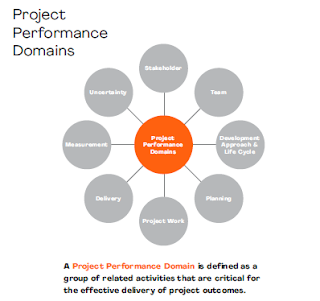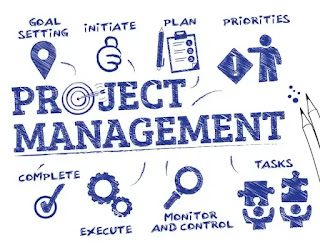The tailoring process in project management

The tailoring process in project management involves customizing project management approaches and methodologies to suit the specific needs, characteristics, and constraints of a particular project. One key aspect of tailoring is recognizing that not all projects are the same, and a one-size-fits-all approach may not be suitable. Project managers must assess factors such as project size, complexity, industry, organizational culture, and stakeholder requirements to determine the most appropriate project management framework. Tailoring allows for flexibility in selecting and adapting project management processes, tools, and techniques to align with the unique circumstances of each project. Tailoring also involves a continuous and iterative process throughout the project lifecycle. As the project evolves, project managers may need to reassess and adjust their approach based on changing circumstances, emerging risks, and evolving stakeholder expectations. This adaptability ensures that the...











